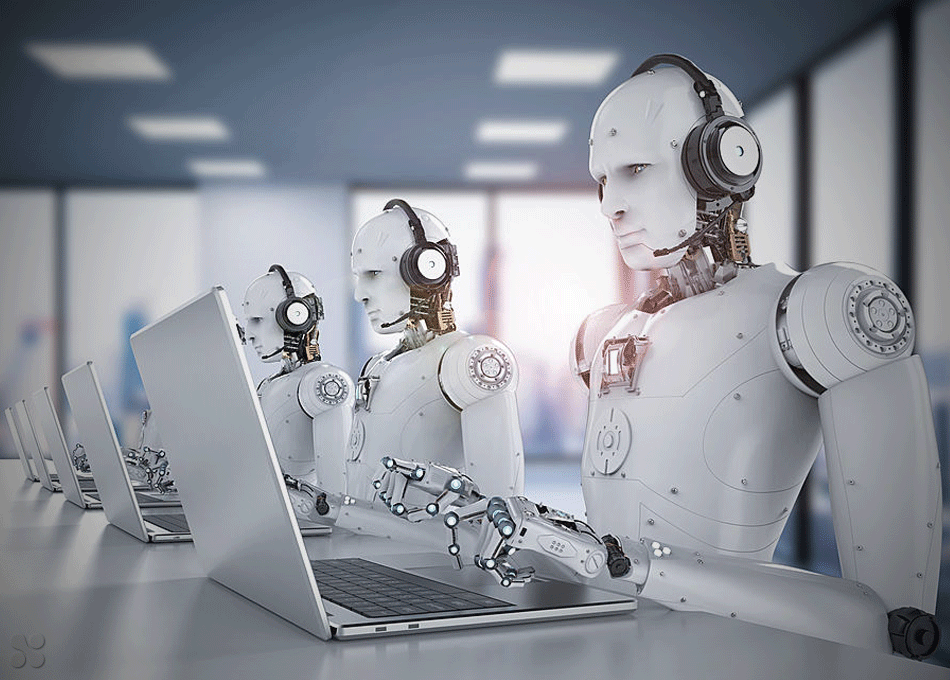Many of you reading this blog would have heard about quantum computing and how it is here to change the world. It is a buzzword heard quite a lot nowadays as companies like Google and IBM have claimed to build quantum computers that are deemed extremely fast. Faster than anything we have seen so far. But are we ready to live in a world of quantum computers? There is no easy answer to this. The next few sections will walk through basic details that may help shape your perspective.
Hold on tight as we take off with some technical jargon. A quantum computer uses algebraic methods found in quantum mechanics for its computational activities. With this straightforward definition, we can proceed to answer what exactly is quantum mechanics.
Quantum mechanics is a fundamental theory in physics that describes the physical properties of nature at the scale of atoms and subatomic particles. Everything that we have seen so far, since birth, can be explained using this theory. The theory states that the universe is quantized, i.e., space or time is not continuous but discrete quantum units.
How does a quantum computer achieve quantum computing?
We all know the current computers (also known as ‘classical computers’) use bits for their computing purpose. It means that at a single point in time, the information is stored either as a combination of 0 or 1.
In quantum computers, information is stored in quantum states achieved by using quantum bits or qubits. Quantum states are often called superposition states, wherein at a single point of time, information can be in both 0 and 1 simultaneously.
If you feel your head is spinning, maybe because it is in a quantum state processing all this simultaneously and quickly. The end product of these thoughts is not sound as they don’t have much meaning. It is the same plight with the current quantum computers that IBM or Google have built. These machines are currently situated in the labs computing several errors and working to resolve them in the next ten years. Yes, quantum computers will not come to your doorstep in the immediate future.
Then why are cryptographers losing sleep over it? Cryptographers believed they had built an unbreakable encryption mechanism using all the modern computers and internet devices to transfer data. It is true, for now, since the current best-encrypted data will take classical computers trillions of years to break. But quantum computers, when built, can decipher them in a matter of days.
So why do they lose sleep? Can’t they try to build something unbreakable again? Even if they did construct a new technique to create unbreakable encryptions, and unless we stop the data exchange now, much of the sensitive data would already be in the wrong hands.
How is that possible?
Let’s assume a pharma company stores its secret formula in a data vault protected by AES 256 (impenetrable despite brute-force methods). This data gets stolen by an attacker or a competitor. The formula stays in a heavily encrypted form and is, therefore, unusable till a capable quantum computer is built to crack the code on time. However, once quantum computers are readily available, the competitors can decrypt this formula. It would lead to many financial and competitive repercussions for the pharma company. It can cause an issue for similar situations like confidential government details such as nuclear codes or data that hamper national security.
Why should we create it in the first place?
Quantum computers, when available, can solve a lot of complex problems that are currently impossible for our ‘classical’ computers. A few of these examples where quantum computers can perform better are:
- Using quantum computers, we can store data at a molecular level and create drugs that can treat life-threatening diseases.
- Machine learning models that take ‘N’ days to execute can be solved within a few minutes with quantum computers.
- Scientists can better understand climate change with the help of quantum computers and fight to change the drastic impact on the environment.
We can say that they are definitely a boon for the modern digital era.
How can we help?
iEDPS (Infosys Enterprise Data Privacy Suite) offers encryption algorithms that can encrypt data. We are actively building a partnership with quantum source providers who can create quantum keys for encryption. In this way, your encrypted data becomes quantum-safe, i.e., your data security becomes unbreakable.

Fig: How iEDPS connects to quantum source and use it for encryption
Go ahead and watch our video here:
For more information on iEDPS, please visit our website:
https://www.infosys.com/services/incubating-emerging-technologies/offerings/enterprise-data-privacy-suite.html
Author: Sujith Joseph, iEDPS product Architect











